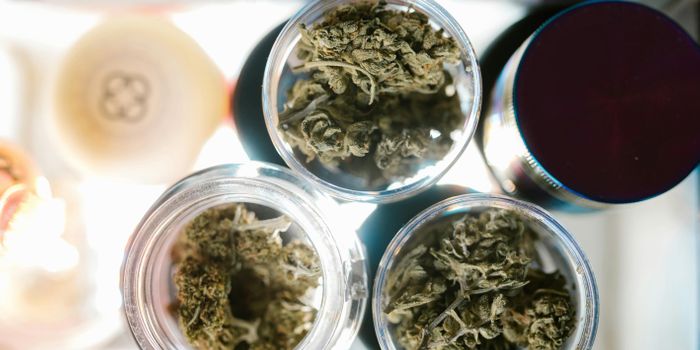Federal Grant Funds Hemp Genome Research Project
The United States Department of Agriculture’s National Institute of Food and Agriculture (USDA-NIFA) has awarded a research team to study hemp genomics. They will investigate how hemp plants become male, female, or hermaphroditic to determine the most effective crop breeding strategies. This knowledge will contribute to higher-quality hemp crop yields that can adapt to fluctuations in environmental conditions.
Dr. Alex Harkess and his lab HudsonAlpha Institute for Biotechnology, collaborated with New West Genetics to study the mechanism of plant sex determination. The USDA-NIFA grant supports research investigation of the potential of hemp uses.
The hemp plant possesses an XY sex-determination system. Females have two X chromosomes. Males have an X chromosome and a Y chromosome. Hemp commonly reproduces at a 50:50 male: female ratio, but hemp’s mechanisms determining sex are unknown. Current cultivation practices involve feminizing hemp plants using chemicals to increase the female plant proprioception, so finding more organic, chemical-free genomics-assisted breeding strategies is critical.
Harkess and his lab will create five high-quality hemp genomes as a benchmark to identify and analyze the hemp sex chromosome pairs. Plant sex chromosomes are challenging to study because they differ entirely from species to species. Harkess and his team developed a pipeline called Cytogenetics-by-Sequencing (CBS) to more quickly and inexpensively identify and characterize sex chromosomes in plants. Use of the CBS pipeline resulted in successfully identifying approximately 30 dioecious plant and animal species.
Using CBS to interrogate the hemp sex chromosomes will allow the research team to identify the master sex determination genes in hemp. Sex gene modification can increase the proportion of female plants and, ultimately, a larger, healthier yield. This approach would enhance the quality of hemp fiber, grain, and oil crops and increase its sustainability as a valuable crop for cultivators.
This research has significant implications for future hemp production practices and emerging regulatory frameworks. Hemp sex modification can enhance cultivation for specific purposes such as textiles, building materials, bioplastics, animal bedding, grain, and seed oil.
Sources: Eureka News Alert, Hudson Alpha, USDA-NIFA








